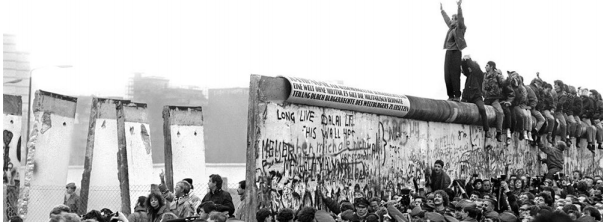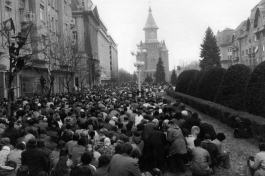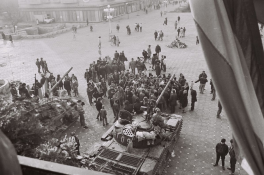This month marks the 30th anniversary since the fall of the Berlin Wall, and today marks the National Independence Day of Poland, but these times of remembrance deserve some explanation. You see, the Berlin Wall didn’t actually “fall.” The wall was torn down by those who rejected totalitarianism and thirsted for freedom. However, these people were able to do so because communism did, in a sense, fall. Communism fell apart, crumbling under the weight of its own hopelessness and dysfunctionality. Ironically, unlike some former communist countries, Poland’s Independence Day does not commemorate its liberation from communist oppression. This day harkens back to the end of WWI in 1918 when Poland regained its national sovereignty from the German, Austro-Hungarian, and Russian empires. In short, Poland’s national identity transcends the period of communist oppression, and the modern church can learn from this. To be more precise, the church is neither defined by the troubles of its history nor is it limited in its mission by human barriers. The Apostle Paul said, “for a wide door for effective service has opened to me, and there are many adversaries.” (1 Cor 16:9)
Read more…








